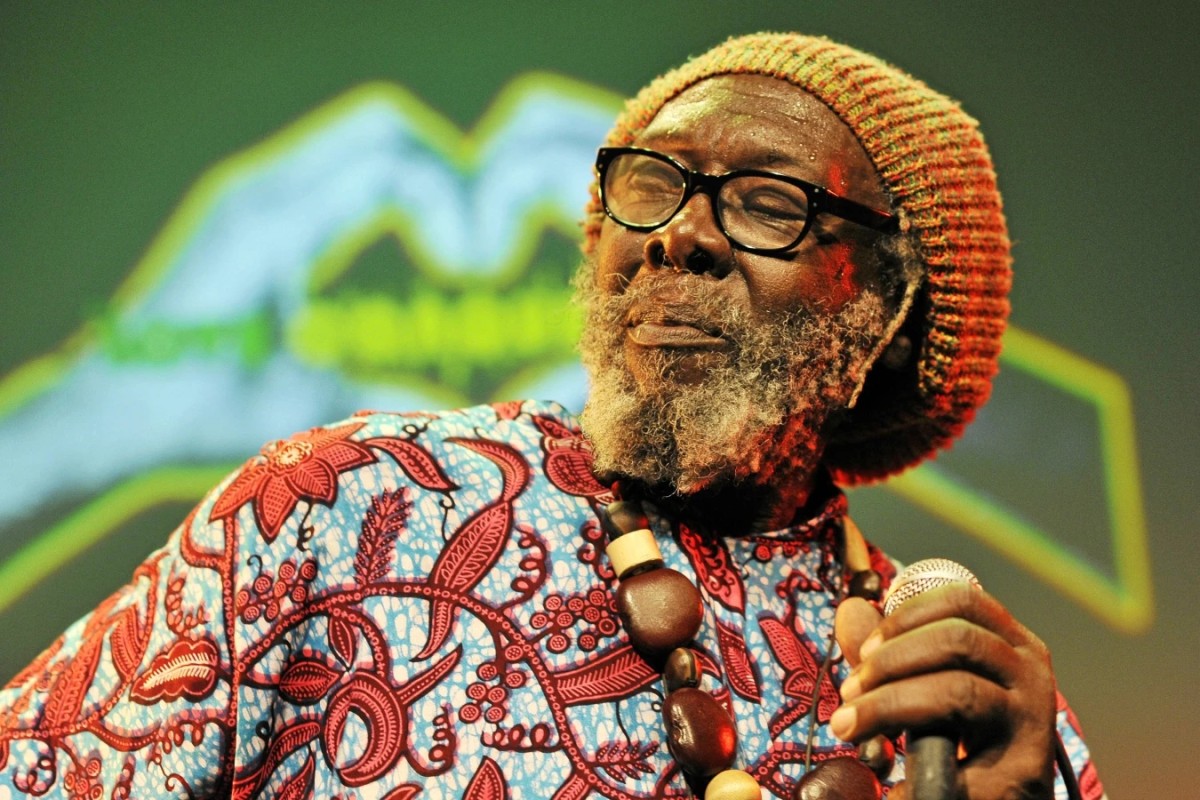Papa Curvin Urges Young Artists To Learn Music Business To Avoid His Mistakes

Veteran drummer and producer Papa Curvin has called on young Jamaican musicians and artists to educate themselves about the business aspects of the music industry to ensure financial stability and fair compensation for their efforts.
Reflecting on his own career, the Call Angola producer, who spent more than 50 years in Germany, said that a lack of business knowledge had cost him financially, as he had oftentimes accepted payment without considering his rights or securing contracts for his work.
“For me, I’ve done so many things that if I had known about music business at that time, it would have been financially better off for me. Because I’ve done so much thing, just collect some money, didn’t think about my rights, didn’t think of making contracts for the things that you have done, for the work that you have done for he, she and the old lady. All across the world,” Curvin, 80, said during an interview on The Running African.
He acknowledged that one of his first brushes with “a lack of knowledge” that cost him financially was the Boney M’s Brown Girl in The Ring fiasco with German record producer Frank Farian. The 80-year-old, who is now based in Oracabessa St. Mary, added that while there are some players in the music industry who are indeed honest and credit musicians for their work, a large number do not.
“The music business, it’s a great big business. It’s a gigantic business… Yes, if I had known about business even before Boney M. Today, a lot of funds would be flowing in my direction because names, it’s very important to have your names written on contracts and written on the things that you have done,” he explained.
“Yes, and on the liner notes, on the list. But for most of these business people, who know, they just pay you for a work. So some of these big artistes that you would play on their CDs and so on, on their songs, you weren’t credited.”
Continued Curvin: “I wasn’t credited for about 50 percent of the things I’ve done. The other 50 percent is like, some people is very honest in themselves, so they will write it in and send it to you. Some doesn’t care, they just want to take your rights. And so young people stand up for your rights… So learn about the music business.”
Curvin, who is regarded as Germany‘s “Grandfather of Roots, Rock, Reggae,” settled in that country in the 1960s. Now a household name in Germany, he also co-founded one of Europe’s first reggae band, Malcolm’s Locks.
Papa Curvin also has the distinction of establishing Germany’s first reggae record shop, which also doubled as a studio, after he noticed a scarcity of reggae records in the country.
He had seized the opportunity after a friend returned to Jamaica and left behind a commercial space. He later went on a trip to London with another friend which yielded a carload of records, which they transported back to Hamburg by boat, luckily avoiding a customs check.
With these initial records, they opened the record shop and forged connections with contacts in The Netherlands, tapping into sources in Amsterdam, London, and Jamaica.
With Reggae Centre, as his establishment was named, functioning as a shop, studio, office, and booking venue, Curvin also launched Germany’s first reggae sound system, known as Reggae Center Sound System.
Curvin, who moved back to Jamaica in 2003, said that back in Europe, he had established himself as a studio musician where he played on thousands of hit songs, many of which are unknown in the Western Hemisphere.
“For decades, I tell you, I have been playing all types of music in Europe also. I was a studio musician also, you know, so I’ve been playing rock music for German, German hit parade music. They call me because of my steadiness. I was known to be the drummer that keep a timing even more than a metronome,” he said.
“So I was called to do many things in many studios, I played on thousands of hits, which nobody know about. Boney M for example by the Rivers of Babylon, Brown Girl in the Ring… But away from that, if I tell you about names, you would ignore them. Because there are big names in Europe. There are German artistes, for example, there was a big artist named Drafi Dercher and I played on several, about 20 of his hits. So nobody knows about it, but it’s the musical part of me playing for these artistes, which is there in Germany,” he said.
